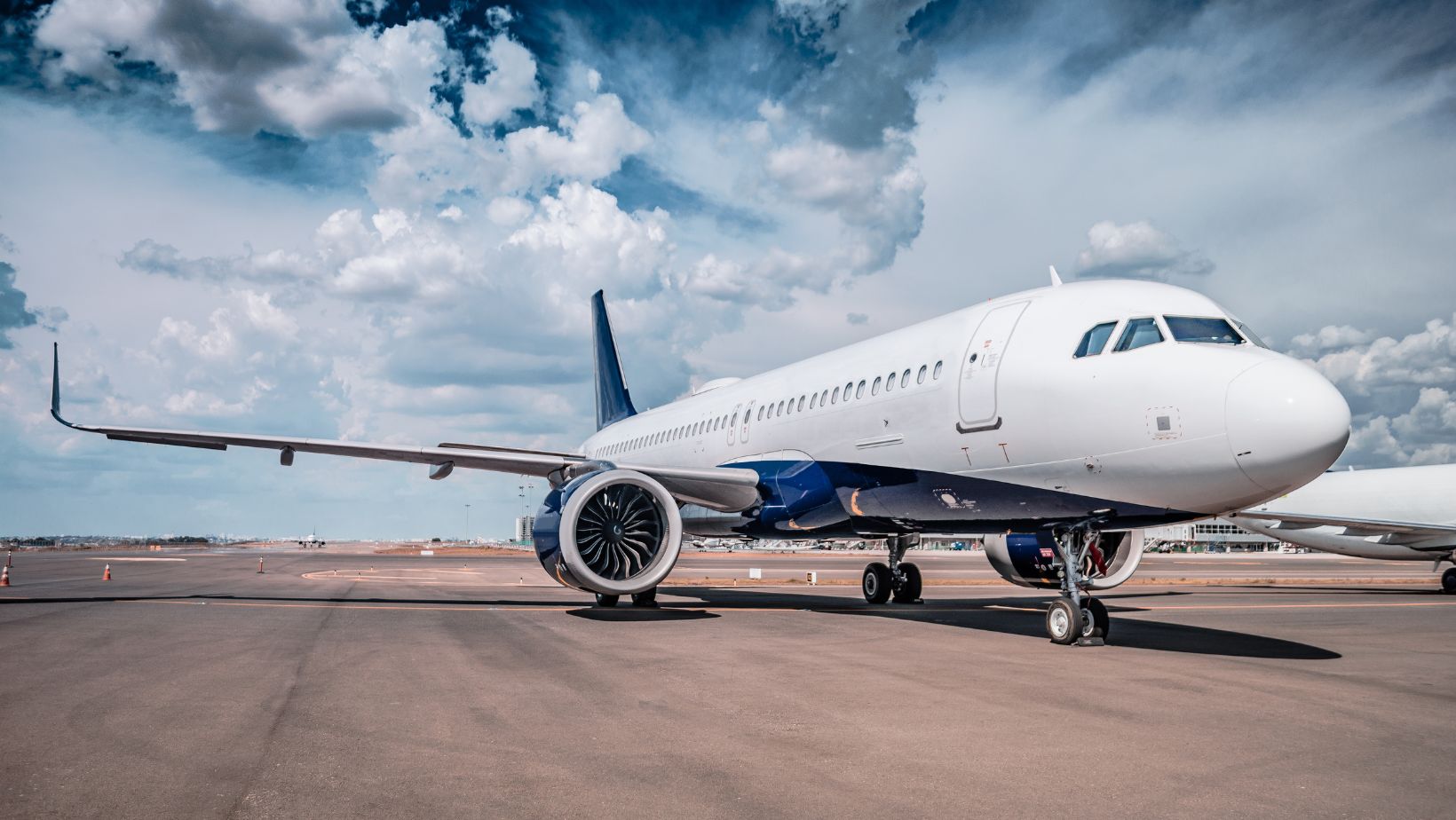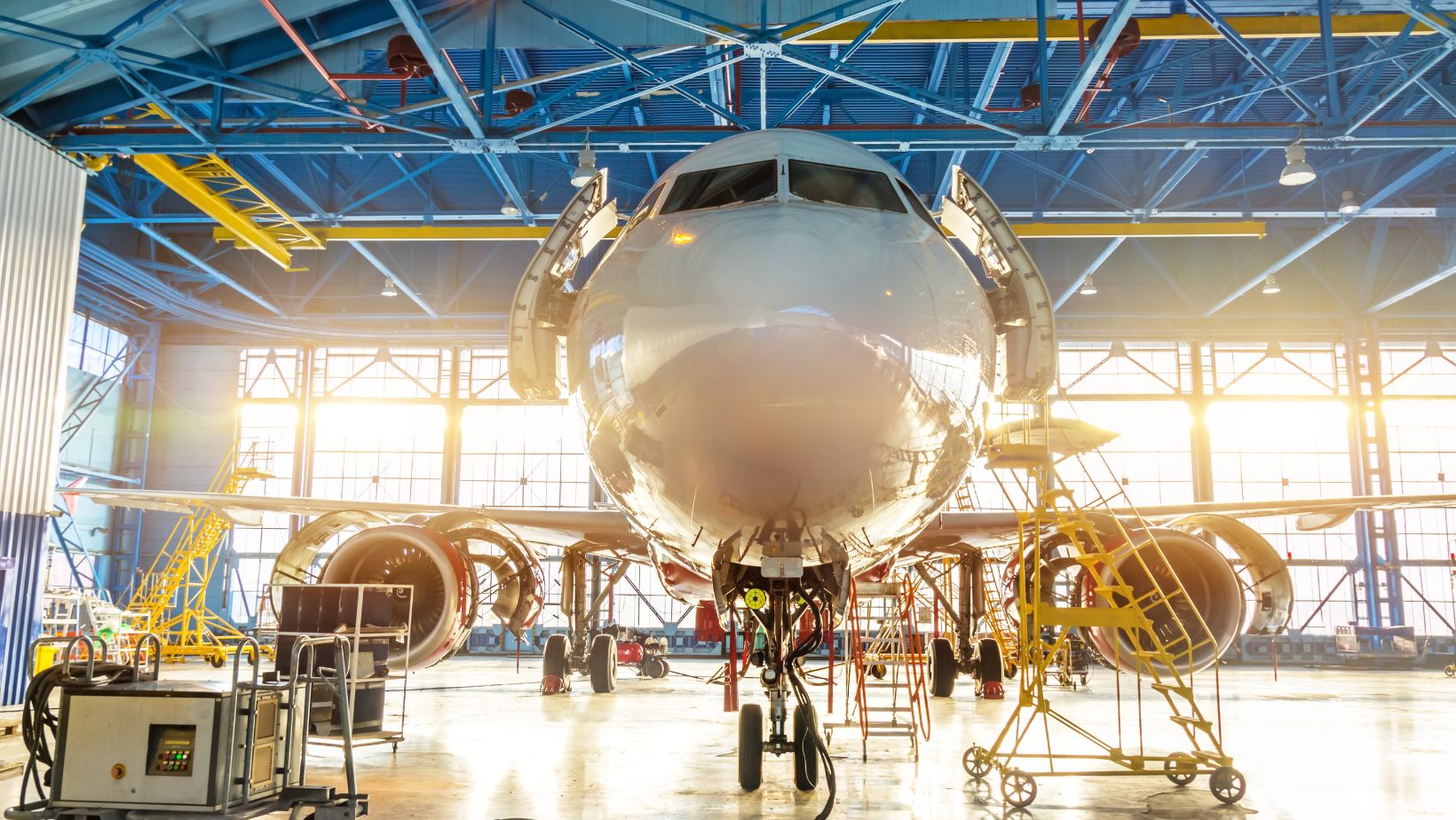What You Need to Know About Aviation Business oto.dvcodes.com
Aviation business is a dynamic and fast-paced industry that plays a crucial role in connecting people and goods across the globe. Whether you’re an aviation enthusiast or someone looking to invest in this sector, understanding the key aspects of aviation business is essential. In this article, I’ll provide you with valuable insights into what you need to know about aviation business.
Firstly, it’s important to recognize that the aviation industry encompasses various segments, including commercial airlines, cargo transportation, aircraft manufacturing, maintenance and repair services, and airport operations. Each segment comes with its own set of challenges and opportunities. Whether you’re interested in starting an airline or investing in aircraft manufacturing, having a clear understanding of these different sectors will help guide your decision-making process.
Secondly, staying updated with the latest trends and regulations is crucial for success in the aviation business. The industry is heavily regulated due to safety concerns and international standards. Keeping abreast of changes in technology, security protocols, environmental regulations, and market demands will give you a competitive edge.
Lastly, networking plays a vital role in the aviation business. Building strong relationships with key stakeholders such as airlines, suppliers, regulatory bodies, and potential customers can open up new opportunities for collaboration and growth. Attending industry conferences and events can be an excellent way to connect with like-minded professionals who share your passion for aviation.
Key Players in the Aviation Business
When it comes to the growth of the aviation business, there are several key players that have a significant impact on its development. Airlines, aircraft manufacturers, airports, and aviation service providers all play crucial roles in shaping this dynamic industry.
Airlines form the backbone of the aviation business. These companies transport passengers and cargo across domestic and international routes, connecting people from different parts of the world. Major airlines like Delta Air Lines, United Airlines, and Emirates have established themselves as leaders in the industry through their extensive networks and high-quality services.
In addition to airlines, aircraft manufacturers also contribute to the growth of the aviation sector. Companies like Boeing and Airbus design and produce commercial aircraft that are used by airlines worldwide. Their continuous innovation in technology has led to more fuel-efficient planes with enhanced safety features, catering to both passenger comfort and environmental sustainability.
Airports serve as vital infrastructure for air travel by providing facilities for takeoff, landing, and passenger services. Airports such as Hartsfield-Jackson Atlanta International Airport, Beijing Capital International Airport, and London Heathrow Airport are among the busiest hubs worldwide. They facilitate millions of passengers’ journeys each year while ensuring smooth operations within their terminals.
Finally, aviation service providers offer a wide range of support services necessary for smooth airline operations. These include ground handling companies that manage baggage handling and aircraft cleaning; maintenance repair organizations (MROs) that ensure aircraft are well-maintained; and catering companies that provide inflight meals. These service providers work behind the scenes but play a crucial role in maintaining operational efficiency within the aviation business.

Emerging Trends in the Aviation Industry
The aviation industry is continuously evolving with emerging trends that shape its future trajectory. Here are some noteworthy trends driving growth within this dynamic sector:
- Sustainable Aviation: With increasing awareness about environmental concerns, there is a growing emphasis on sustainable aviation practices. Airlines are investing in fuel-efficient aircraft, exploring alternative fuels, and implementing eco-friendly initiatives to reduce their carbon footprint. This trend not only helps protect the environment but also aligns with changing consumer preferences towards environmentally conscious travel.
- Technological Advancements: Technology plays a pivotal role in enhancing efficiency and improving passenger experience within the aviation industry. From self-check-in kiosks and biometric authentication systems to advanced inflight entertainment options, airlines are leveraging technology to streamline operations and provide a seamless travel experience for passengers.
- Airspace Management: As air traffic increases, efficient airspace management becomes crucial for safety and reducing congestion. Collaborative efforts between aviation authorities, airlines, and airports are being made to optimize flight routes, implement advanced air traffic control systems, and enhance overall airspace capacity.
In conclusion, the growth of the aviation business is influenced by various factors including key players like airlines, aircraft manufacturers, airports, and aviation service providers. Emerging trends such as sustainable aviation practices, technological advancements, airspace management efforts, and the rise of low-cost carriers are shaping the future of this dynamic industry. However, challenges related to fuel prices volatility, regulatory compliance burdens, global economic factors, and infrastructure limitations pose ongoing hurdles for aviation businesses.
